Phase II TWG on Land Use Gets Underway
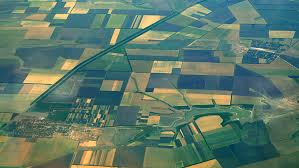
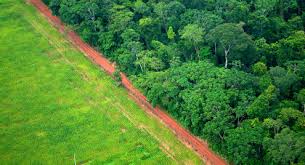
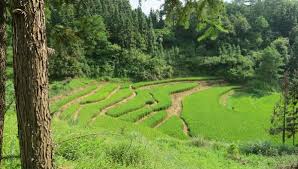
Working Group to Look at Criteria Expansion
Climate Bonds Initiative has launched a new Technical Working Group (TWG) to develop Phase II of the Land Use Criteria of the Climate Bonds Standards. The Criteria aims to increase climate-friendly investment in agriculture, forestry and other land uses.
This launch marks the next stage of expansion of this sector’s criteria, which operates under the overarching Climate Bonds Standard.
The criteria are a science based tool for assessing green bonds that fund land use related projects and assets. Successful verification against the Climate Bonds Standard labels a bond a Certified Climate Bond, increasing investor confidence in its environmental credentials.
Why is Land Use Investment So Important?
Appropriate investment in Land Use sectors is critical for promoting adaptation to climate change and facilitating increased climate resilience in the social, economic, and environmental systems that underlie production of food, feed, fuel, and fibre.
Goodbye ‘AFOLU’ - Hello ‘Land Use’
Previously labelled ‘Agriculture, Forestry & Other Land Use’ or ‘AFOLU’, the Land Use Criteria will assess what land use related investments could be included in a green bond through the inclusion of relevant climate mitigation, adaptation and resilience screening factors.
The Land Use Criteria serve two important functions:
- Signals to issuers and investors what a green investment is within land use sectors
- Creates a consistent, science-based framework for investors looking to increase their exposure to sustainable investments
Jane Feehan, European Investment Bank, TWG Member:
 “These criteria will help to clearly identify climate friendly investments in the land use sectors, boosting investor confidence and opening up a new revenue stream to further promote and reward sustainable, low carbon practices.”
“These criteria will help to clearly identify climate friendly investments in the land use sectors, boosting investor confidence and opening up a new revenue stream to further promote and reward sustainable, low carbon practices.”
Land Use Phase I - A Mitigation Focus
An ‘Agriculture, Forestry & Other Land Use’ (AFOLU) TWG initially convened in October 2014 to develop what has become Phase I of the Land Use Criteria. It focused primarily on land related investments that mitigate Greenhouse Gas (GHG) concentrations in the earth’s atmosphere.
Since 2014, there has been significant progress in the Climate Bonds Standards Program, in part giving clarity on the demarcation between the various sectors covered under the overarching Climate Bonds Standard. One refinement arising from this has been the simplification of the sector label to ‘Land Use.’
Land Use Phase II - Expanding the Criteria - Adaptation and Resilience
Phase II will expand on the work of Phase I by focusing on how climate adaptation and resilience can be built into the criteria, so that land use assets and projects certified under the Climate Bonds Standard are screened for the full range of climate-related impacts and opportunities.
Development will cater to land use related investments that are being made now and investments that should be encouraged to achieve climate change adaptation and resilience.
The Technical Working Group - What’s involved?
The TWG brings together a host of technical experts from around the world, representing a diverse group of NGO’s, academic institutes and government departments.
Together, they will draft criteria for what constitutes sufficient climate change adaptation and resilience in land use investments to become eligible for certification against the Standard. These draft criteria will be subject to public consultation, before being submitted to the Climate Bonds Standard Board for approval.
TWG processes will be conducted through regular conference calls and bilateral consultations, organised around evolving draft documents.
Who’s represented on the TWG?
TWG Lead Specialists
 |
 |
|
Clarmondial |
Versant Vision |
Technical Working Group Members
 |
 |
 |
 |
 |
|
ACDI (African Climate and Development Initiative) |
Environmental Policy Implementation, |
WWF |
Bioversity International |
US Forest Service |
 |
 |
 |
 |
 |
|
Forest Trends |
Independent Consultant
|
Verified Carbon Standard |
Royal HaskoningDHV |
Global Forum on Agricultural Research |
 |
 |
 |
 |
 |
|
Department for International Development |
Tech Centre for Agricultural and Rural Co-operation |
Observer Research Foundation
|
CSIRO Land and Water |
European Investment Bank |
 |
 |
 |
||
|
Consultative Group on International Agricultural Research (CGIAR) |
Agricultural Research for Development (CIRAD) |
US Department of Agriculture |
Keith Alverson, UNEP, TWG Member

Climate Change Impacts - An IPCC Overview
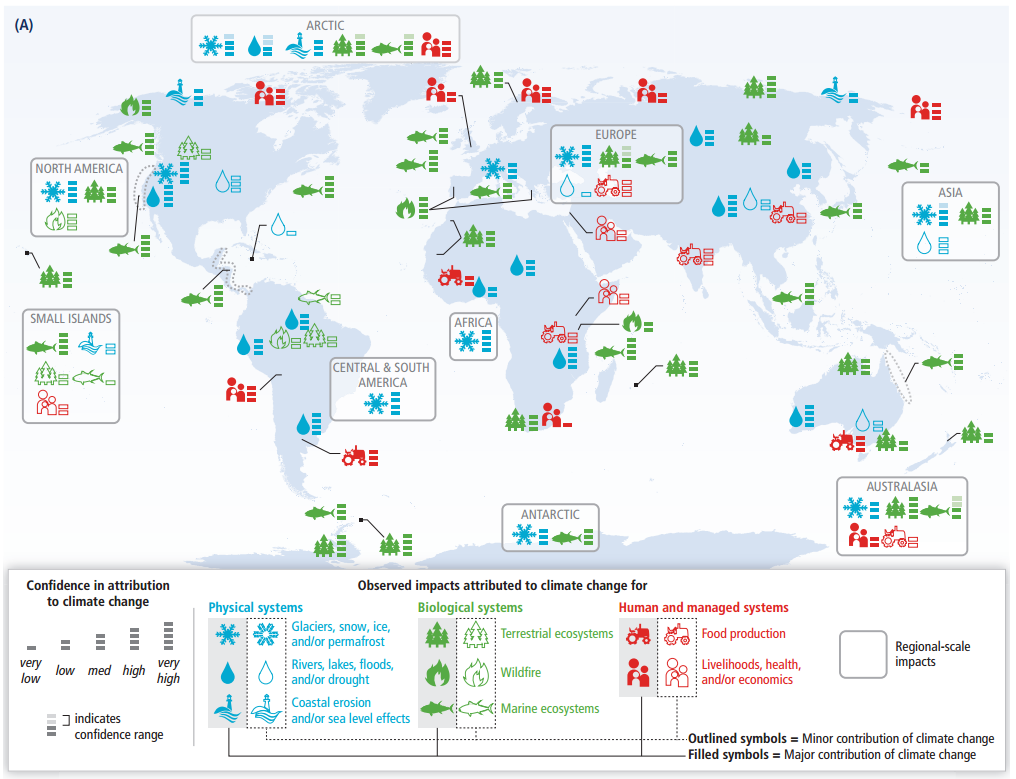
Figure 1: From IPCC Working Group II, Fifth Assessment Report (2014): Widespread impacts in a changing world. (A) Global patterns of impacts in recent decades attributed to climate change, based on studies since the AR4. Impacts are shown at a range of geographic scales. Symbols indicate categories of attributed impacts, the relative contribution of climate change (major or minor) to the observed impact, and confidence in attribution.
Industry Working Group to Provide Additional Feedback
A Land Use Industry Working Group (IWG) will also be convened to provide feedback on the proposed criteria, ensuring they are practical and conducive to widespread utilisation. The criteria will also undergo public consultation where interested parties may voice their opinions.
Latest White Paper Provides Additional Background
Along with Clarmondial, Credit Suisse and F3 Life, Climate Bonds has produced a white paper exploring the current role of debt in financing sustainable landscapes. Connecting financial tools and landscapes: Aggregators and strategic interventions formed the basis of a working session at the Global Landscapes Forum on June 6th. The TWG’s work will complement this on-going discussion.
The Last Word
Justine Leigh-Bell, Senior Manager, Climate Bonds Initiative:
 “Phase I of the Land Use work developed much needed green bond criteria for land use projects that mitigate GHG emissions. It gives investors’ confidence that such projects really are contributing to the rapid transition to a low carbon economy.”
“Phase I of the Land Use work developed much needed green bond criteria for land use projects that mitigate GHG emissions. It gives investors’ confidence that such projects really are contributing to the rapid transition to a low carbon economy.”
“Phase II will expand on this to look at land use projects through a climate change adaptation and resilience lens. In particular, there will be a focus on the role of natural ecosystems in improving the utilisation and productivity of land in light of climate change. Once completed, it will allow a whole new range of projects and assets to be Climate Bonds Certified.”
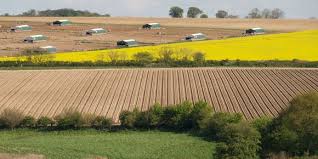
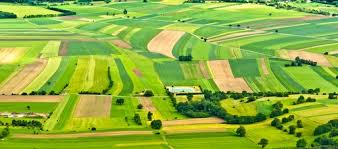
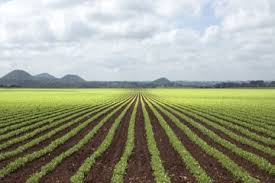
Supported by:


Disclaimer: The information contained in this communication does not constitute investment advice and the Climate Bonds Initiative is not an investment adviser. Links to external websites are for information purposes only. The Climate Bonds Initiative accepts no responsibility for content on external websites.
The Climate Bonds Initiative is not advising on the merits or otherwise of any investment. A decision to invest in anything is solely yours. The Climate Bonds Initiative accepts no liability of any kind for investments that any individual or organisation makes, nor for investments made by third parties on behalf of an individual or organisation.
